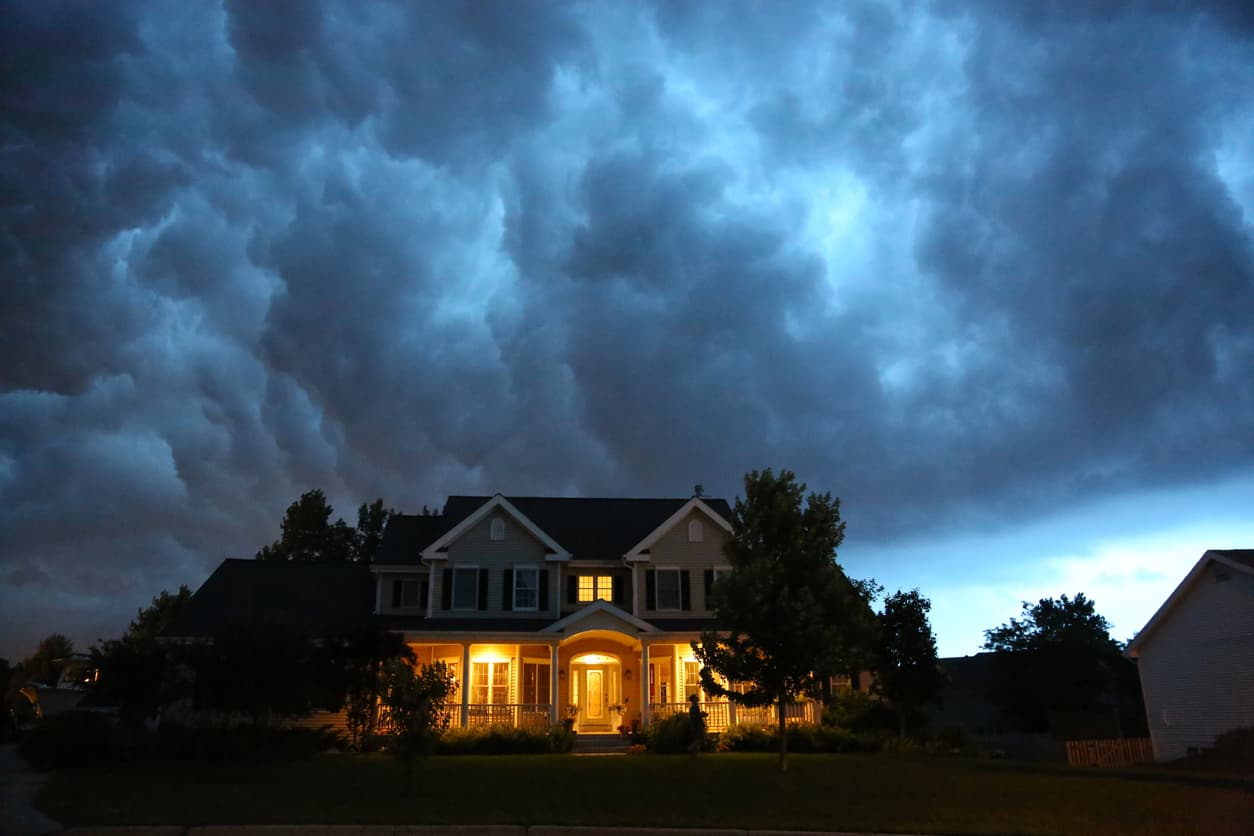
September 24, 2025
A reliable generator can be a necessity for families who depend on steady power for medical devices, home heating, working remotely, or caring for aging parents. If you’ve ever had to throw out a fridge full of groceries or cancel a work meeting due to a power outage, you already know the value of reliable backup power.
One of the most important decisions you’ll make when buying a generator is choosing the right fuel type. Each fuel (gasoline, propane, natural gas, and diesel) comes with its own strengths and trade-offs. This guide breaks it all down to help you make the best decision for your home, your lifestyle, and your peace of mind.
A Look At the Different Fuel Options for Your Backup Home Generator
Before diving into the technical comparisons, it helps to understand what each fuel type offers.
Gasoline
Gasoline is perhaps the most familiar and accessible fuel, especially for portable generators. It’s available at virtually any gas station and easy to store in small quantities.
But while it may seem convenient, gasoline has several drawbacks. It has a short shelf life (typically only 3 to 6 months without stabilizers) and becomes increasingly volatile over time. That means you’ll need to rotate your fuel stock or use fuel stabilizers, especially if your generator sits idle during milder months.
Additionally, gasoline can be harder to obtain during emergencies. Power outages often cause gas stations to close or run out of fuel, which may leave you stuck without a way to refuel.
Gasoline Pros:
- Easy to find
- Available with portable models only
- Low upfront generator cost
Gasoline Cons:
- Short shelf life
- Less efficient
- Harder to store large quantities safely
Propane
Propane is a popular option for standby and portable generators. It burns clean, stores indefinitely without degrading, and is widely used in rural and suburban areas, especially where natural gas access is limited.
Many homeowners appreciate that propane tanks come in multiple sizes, from small 20-pound tanks to 500-gallon bulk tanks. This flexibility makes propane a great option for long-term storage and lower-maintenance setups.
However, propane generators typically offer lower power output than diesel or natural gas units and may consume more fuel during extended outages.
Propane Pros:
- Clean burning and low emissions
- Indefinite shelf life
- Quieter operation
Propane Cons:
- Requires storage space for tanks
- Slightly higher fuel consumption
- Less energy-dense than diesel
Natural Gas
If your home is already connected to a natural gas line, this fuel type may be the most convenient option. Natural gas-powered generators can run indefinitely as long as your supply isn’t interrupted, making them ideal for whole-house standby systems.
They’re also among the quietest and cleanest-burning options available, producing fewer emissions and requiring less maintenance. That said, natural gas generators are tied to utility infrastructure. If your gas line is shut off during a major emergency (like an earthquake or widespread utility issue), the generator can’t operate.
Natural Gas Pros:
- Unlimited fuel supply when connected to a gas line
- Clean emissions and low maintenance
- Great for long-term, automatic backup
Natural Gas Cons:
- Not available in all areas
- Dependent on utility infrastructure
- Higher upfront installation cost
Diesel
Diesel-powered generators are known for their durability and efficiency. They generate high power output per gallon, making them ideal for large homes or households with medical equipment, home businesses, or multiple appliances that must stay on during outages.
Diesel fuel also stores longer than gasoline (up to 12 months without treatment) and performs well in cold weather. However, diesel generators are often louder, and they typically require more maintenance than propane or natural gas systems. You’ll also need to manage on-site fuel storage, which involves following safety regulations.
Diesel Pros:
- Long run time and high efficiency
- Better fuel storage stability
- Ideal for high-demand households
Diesel Cons:
- Bulkier and louder
- Requires strict storage safety
- Higher emissions
What to Consider When Choosing a Generator Fuel Type
Choosing the best generator fuel type depends on more than just preference. It’s about how you live, where you live, and what kind of reliability you’re expecting when the power goes out.
Availability and Storage Concerns
Before committing to a fuel type, consider your local fuel availability. If you’re in a remote area without access to a natural gas line, propane or diesel may be your best bet. In urban neighborhoods with steady utility access, natural gas could offer the smoothest experience.
Storage is also a key factor. Gasoline and diesel require ventilated, fire-safe containers, and most local fire departments limit how much you can store on your property. Propane, while easier to store long-term, requires secure tanks that must be monitored for leaks and pressure levels.
Fuel Consumption and Efficiency
Efficiency plays a big role during extended outages. Diesel generators tend to be the most fuel-efficient, offering longer run times per gallon—making them a smart option for high-demand or long-duration use.
Propane and natural gas generally burn more fuel per hour compared to diesel, but they produce fewer emissions and put less strain on engine components, which can help extend system life. Fuel consumption will vary by generator size and load, so it’s best to check your model’s specs or talk with a technician to understand what fits your needs best.
Reliability and Ease of Maintenance
Fuel reliability is just as important as system reliability. Gasoline and diesel degrade over time and require fuel additives for storage. Propane and natural gas, by contrast, offer longer-term reliability without much fuss.
From a maintenance standpoint, natural gas and propane generators tend to require fewer service calls and have lower operating costs. Diesel units, while robust, need regular servicing to keep filters, injectors, and fuel systems clean.
You can always schedule a professional tune-up with PE Home Generators to make sure your system is running properly, especially before winter or hurricane season.
Run Time
If your goal is continuous operation during extended blackouts, fuel supply becomes a major concern. Natural gas wins here—since it connects directly to your home’s supply, you don’t need to refill tanks or ration fuel.
Propane and diesel offer solid run times as well, but you’ll be limited by the size of your tank. A 500-gallon propane tank can keep a 20kW generator running for around 7–10 days, depending on load.
Environmental Impact
Natural gas and propane both produce fewer emissions than diesel and gasoline, making them better choices if you’re environmentally conscious or live in an area with air-quality regulations. Diesel engines produce more particulates and CO2, though newer models have improved thanks to emissions control technologies.
Generac’s PWRcell System, a solar battery backup option, is a great clean energy alternative that pairs well with traditional generators for added protection.
Costs: Upfront and Ongoing Maintenance
Natural gas and propane systems usually involve higher installation costs, especially if you’re installing a whole-house generator with automatic transfer capabilities. However, their operating costs over time tend to be lower thanks to cheaper fuel and fewer repairs.
Gasoline generators are typically the most affordable upfront, but they require more frequent maintenance and may wear out sooner if used heavily. Diesel generators sit in the middle: higher initial cost but fewer repairs due to their rugged construction.
PE Home Generators offers several financing options to help make this long-term investment manageable, regardless of which fuel type you choose.
So, Which Fuel Type is the Best Bang for Your Buck?
There’s no universal “best” option; it really depends on your priorities.
If you’re looking for unlimited run time and convenience, natural gas is hard to beat (assuming you have access). For homeowners in rural areas or those concerned about long-term storage, propane provides flexibility and clean operation.
If your household depends on power for medical devices or high-energy appliances, diesel delivers the muscle and efficiency you need. And if you’re buying a small portable unit for occasional use, gasoline may work just fine—as long as you’re prepared to maintain the fuel.
Your backup power plan should reflect your lifestyle, your location, and the needs of the people in your home. Whether that means keeping a refrigerator full of food safe during a storm, working uninterrupted from home, or ensuring your medical equipment stays powered, the right generator can make a real difference.
Shop Home Generators and Never Be Left in The Dark
At PE Home Generators, we know how important backup power is for families across Connecticut, especially those caring for older adults, children, or anyone with medical needs. Power loss doesn’t just mean discomfort. It can mean lost medication, missed work, or the stress of packing up and leaving home.
That’s why we offer reliable systems designed to keep you safe and comfortable, no matter the weather.
Need help deciding which fuel type is right for your home? We’re happy to walk you through the options, answer your questions, and handle installation from start to finish.
Disclaimer: The information provided in this blog is for informational purposes only and should not be considered professional advice. For guidance specific to your situation, please consult a licensed professional.
Recent News
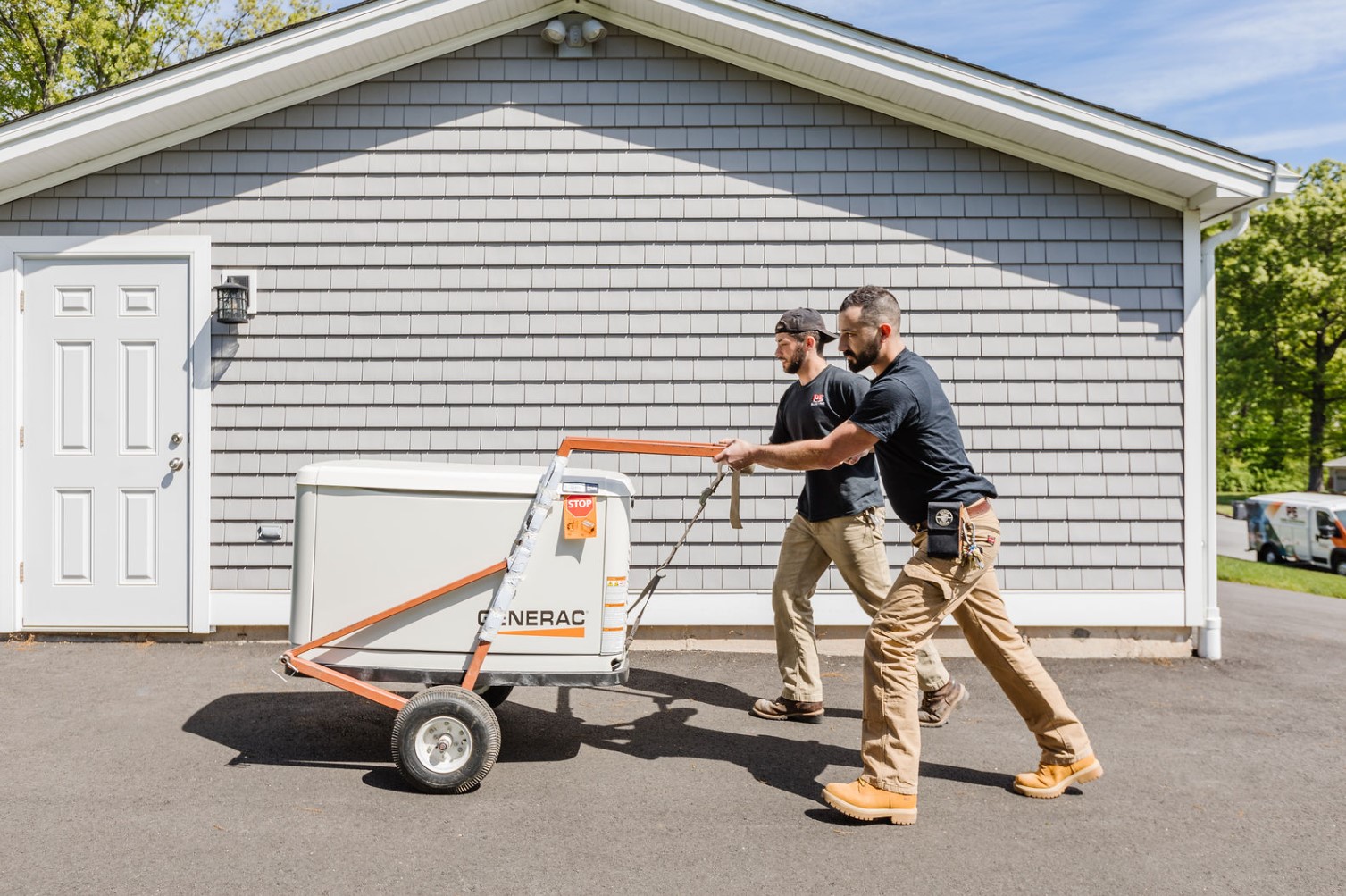
5 Common Myths About Home Generators Debunked
January 20, 2026
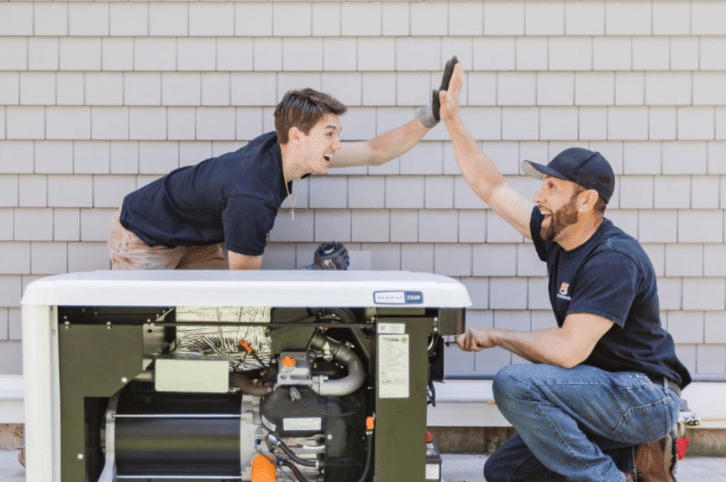
What to Expect During the Home Generator Installation Process
January 14, 2026
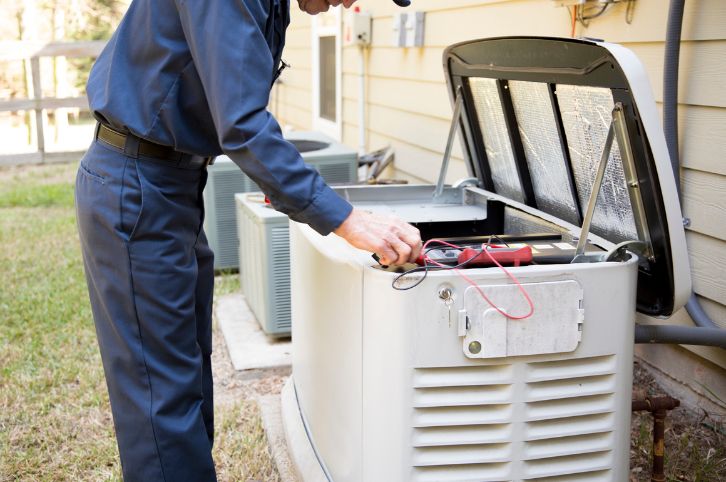
Generator Permitting and Town Regulations in Connecticut
December 16, 2025

The Top 8 Home Projects with the Highest Return on Investment
November 12, 2025
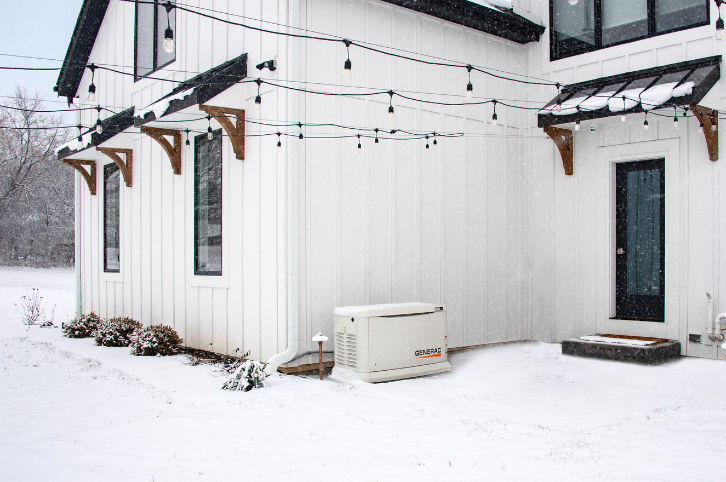
Can You Run a Generator During a Snowstorm or Nor’easter?
November 3, 2025

Portable vs. Standby: Choosing the Right Generator for Your CT Home
October 20, 2025

